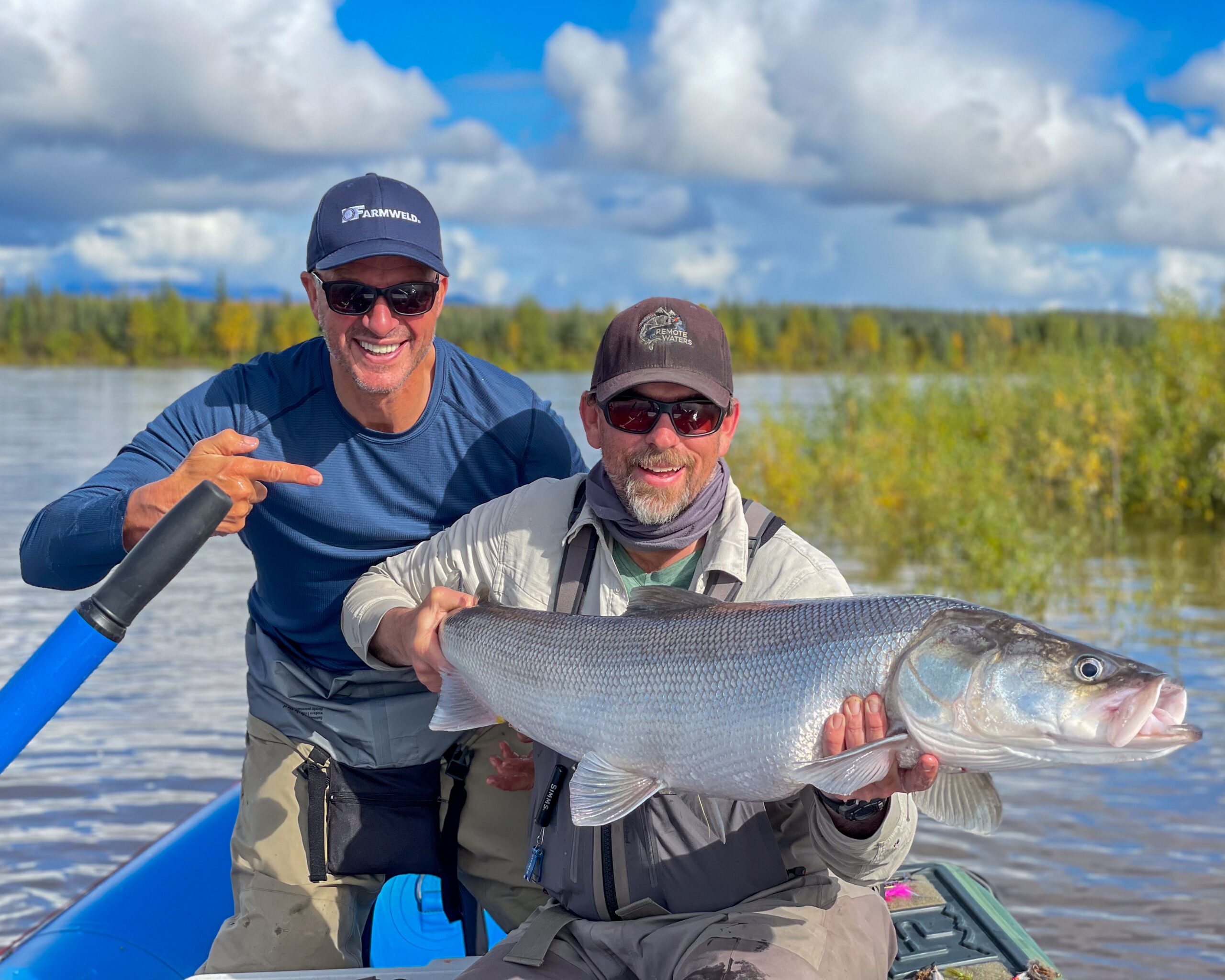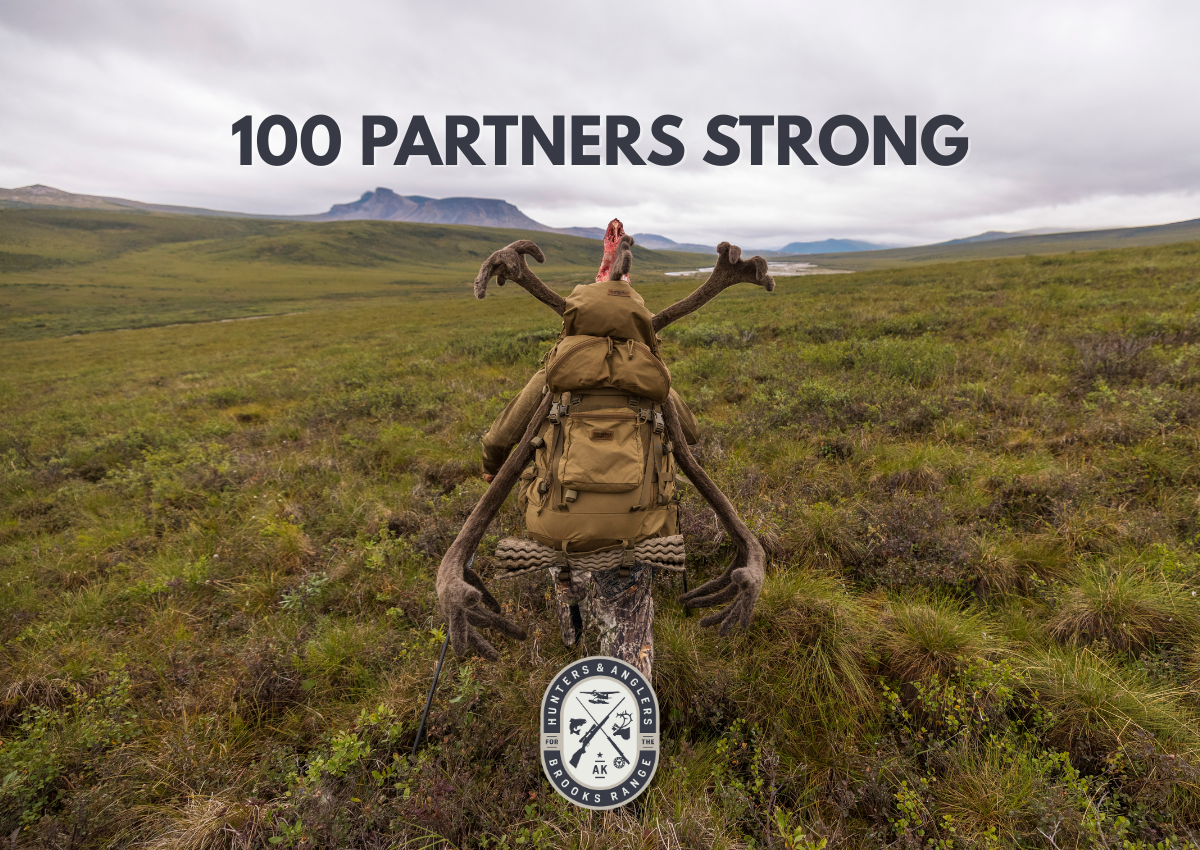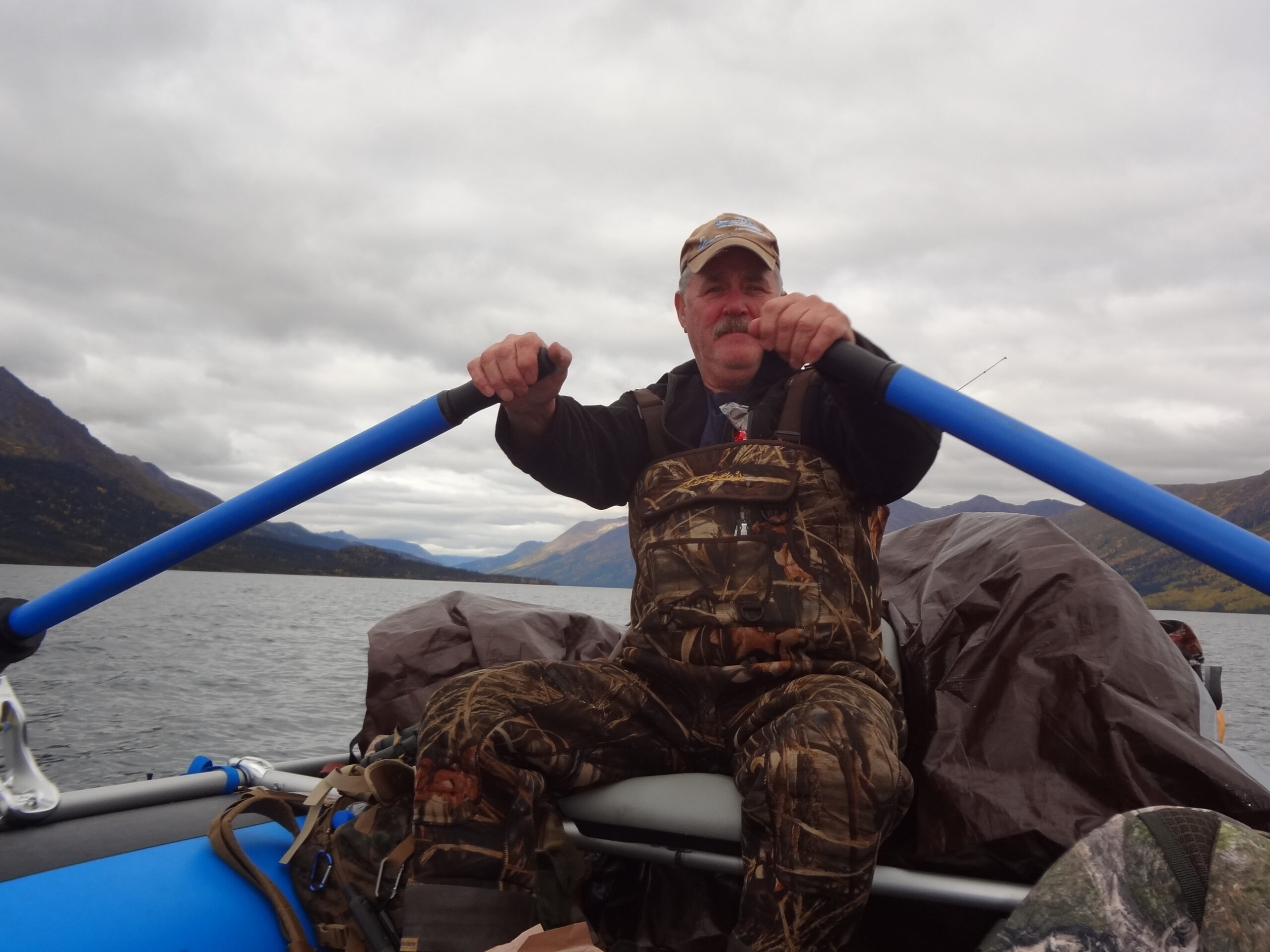Brooks Range Voices: Mark Lindberg
A retired professor of wildlife ecology, hunter, and professional photographer tells why the Brooks Range is an invaluable part of our country’s public lands
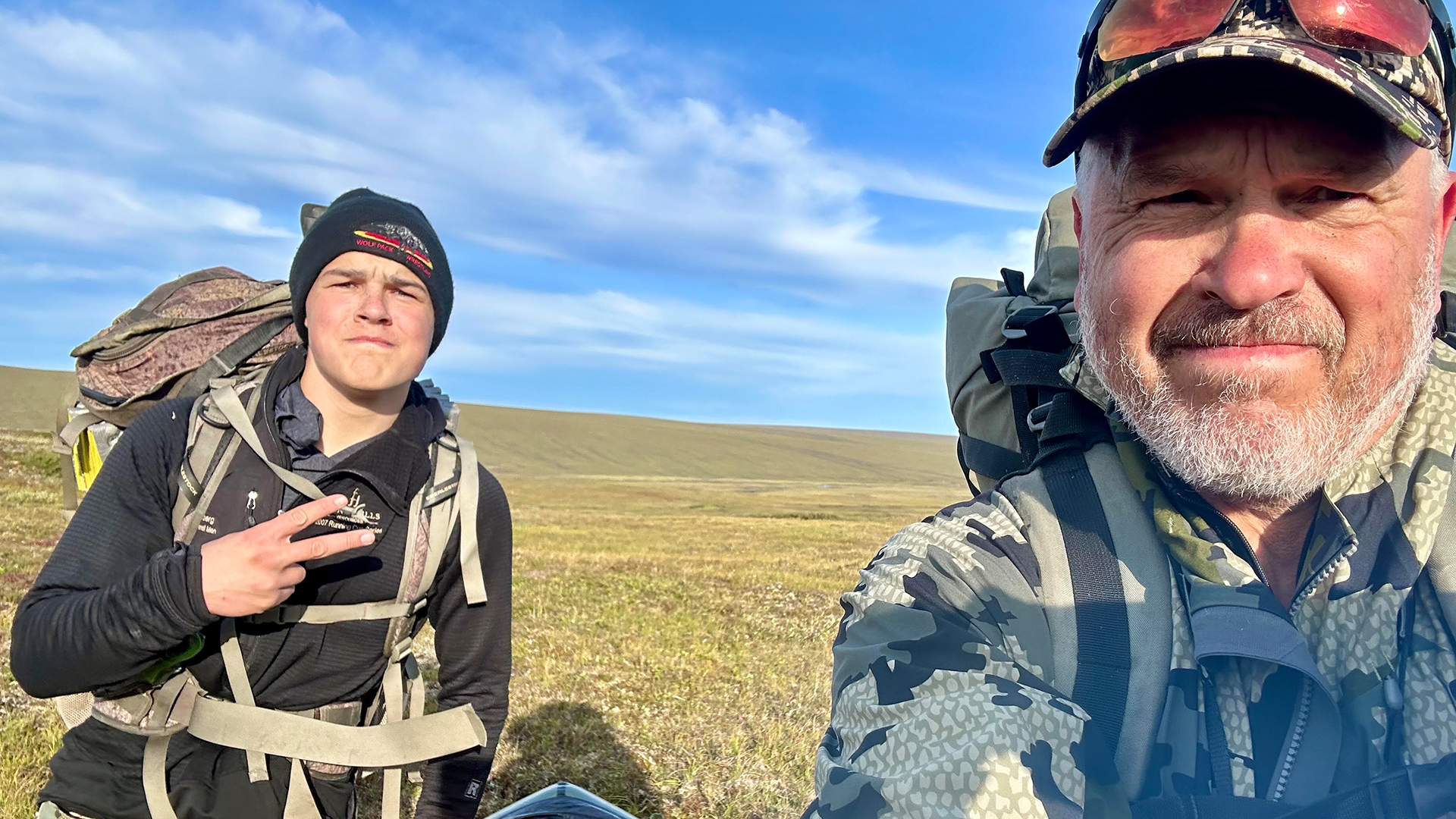
Mark Lindberg lives in Fairbanks and splits his time between hunting and photographing wildlife. He is a retired professor of wildlife ecology and serves on the Board of the Alaska Chapter of Backcountry Hunters & Anglers as the Conservation Policy Chair. After making more than twenty trips to the Brooks Range, mostly to hunt caribou and photograph wildlife, he knows full well that the Brooks is an invaluable part of our country’s public lands.
That’s why Lindberg staunchly opposes the proposed Ambler Road. If built, the project would be a publicly funded 211-mile industrial corridor through the Brooks to help develop an unknown number of foreign-owned mines. Lindberg believes hunters and anglers have everything to lose and nothing to win when it comes to the proposed Ambler Road.
Describe the types of activities you’ve enjoyed in the Brooks Range.
Most of my trips to the Brooks have been centered on hunting caribou. Caribou meat has fed my family for decades. More recently, I have been going to the Brooks to photograph wildlife and the arctic landscape.
On several occasions, I have been surrounded by herds of migrating caribou. The sight, sounds, and sometimes smell of masses of caribou is unforgettable.
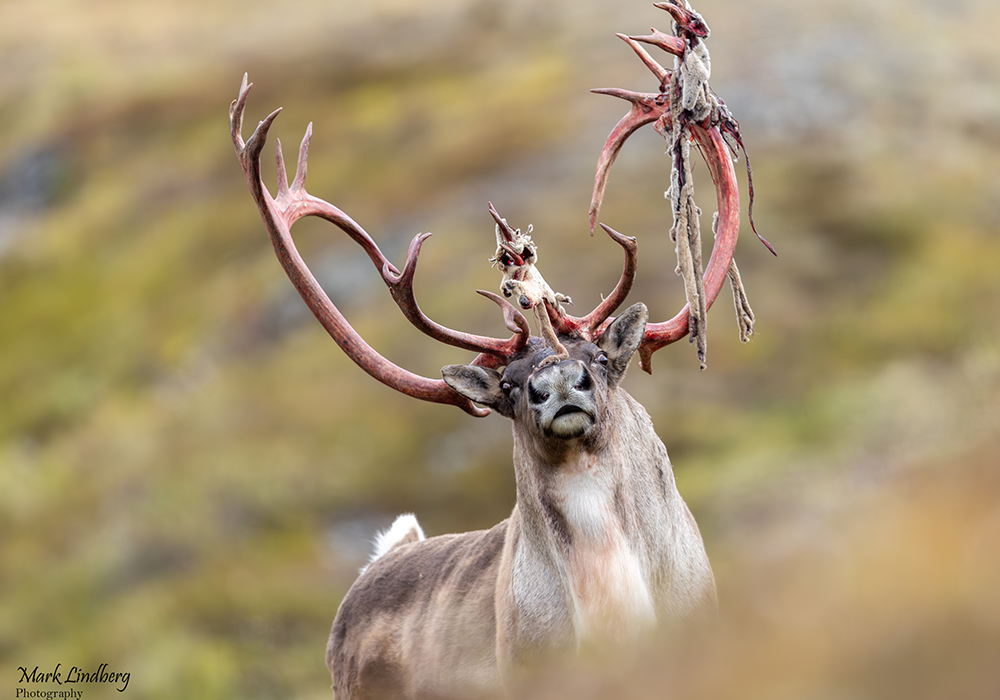
What’s most special about the Brooks Range?
Before my first visit to the Brooks Range in 1992, I tried to imagine what a mountain range north of the Arctic Circle would look like. The Brooks was much more raw and powerful than I imagined. I loved the solitude. The Brooks really makes you put things in perspective. When I’m there, the only thing that matters is what’s happening around me at a given moment.
Tell us about a recent hunt you made to the Brooks Range.
Last August, I got to take a couple friends from the Lower 48 on a caribou hunt to the Brooks. I wanted to show them my favorite place on earth and what is at risk with potential development activities like the Ambler Road. Because two of us on the hunt were “senior” hunters, I decided to do a float trip so we could spend less time with weight on our backs and more time enjoying our surroundings. We floated for eight incredible days. The awe-induced silence was only interrupted by “wows” and other words that failed to capture the beauty of this place. Even though we didn’t shoot any caribou, my friends want to return for another trip. It is a testament to the draw the Brooks Range has on anyone who visits. I know I’ll be returning many more times and continuing to do what I can to show people how special the Brooks Range is and the conservation issues that region is facing.
Is there a piece of advice you’d share with someone going to the Brooks for the first time?
I think an open and healthy state of mind is more important than any gear you bring with you. Sure, you need to be prepared with the right clothing and equipment, but you will only be able to truly experience the Brooks Range if you are open to your surroundings. Those who bring a conquering attitude will be disappointed when the mountains teach them a lesson.
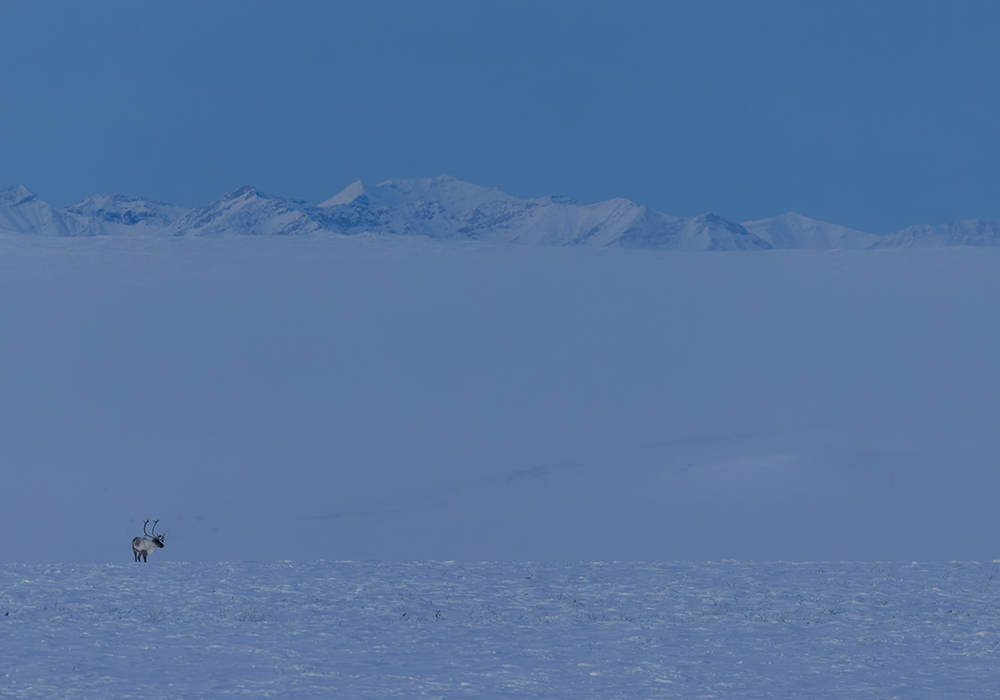
What aspect of the proposed Ambler Road project concerns you most?
I am most concerned about the ripple effects. How will the road crossing streams and rivers 3,000 times affect waters and lands upstream and downstream? How will industrial development affect migration patterns of animals like caribou? We seem focused on the effects of the physical road or maybe the corridor. Perhaps we’re not thinking enough about the collateral effects, which are more difficult to understand.
What do hunters and anglers stand to lose with the proposed Ambler Road?
The direct and immediate effects, like increased industrial traffic, would undoubtedly damage the outdoor experience. The indirect and lasting effects of this project are equally important to consider.
As hunters and anglers, we need to consider the effects of development on places we may never visit and on people we may never meet. Even if we can’t think of ways that the Ambler Road might affect us in our lifetime, we need to consider how future generations and the subsistence lifestyles of 60 communities will be negatively affected if Ambler goes through.
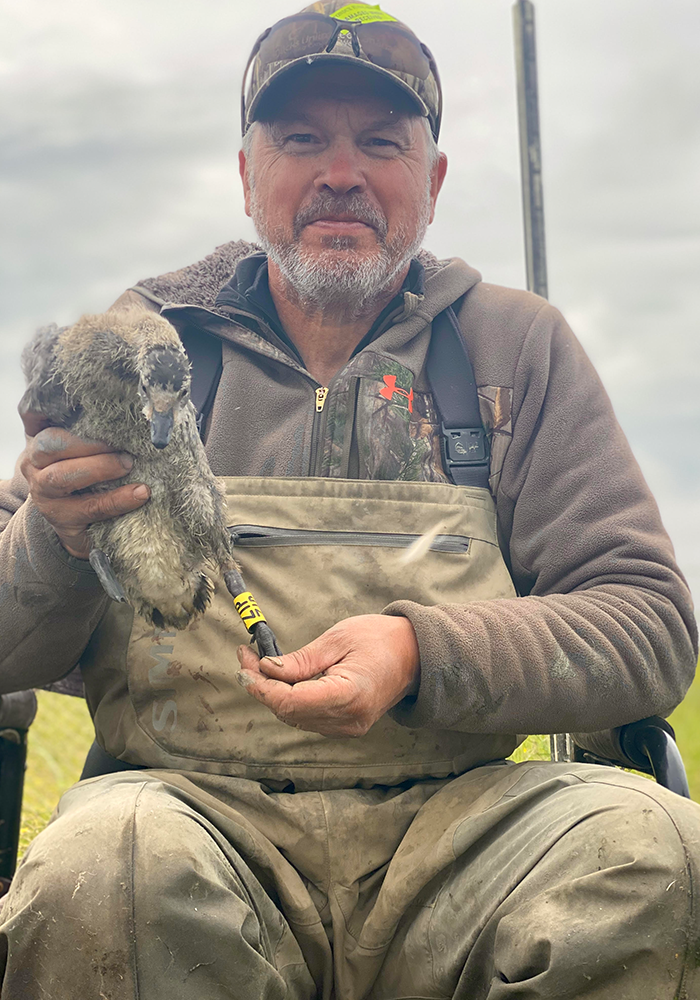
What’s the biggest misconception you’ve heard about the project?
A big misconception of the proposed Ambler Road is its economic benefits. The economics of the project are poorly described, especially in terms of how it would help the United States and Alaska. One analysis I read suggested that it will take 30 years before the road is profitable for Alaska, and in the meantime, profits will be realized by foreign entities. We also need to consider the potential long-term economic benefits of intact wilderness areas for industries like tourism and hunting. One of my favorite statements from a speaker at a UAF graduation was, “We need an economy based on the environment, not an environment based on the economy.”
What might you say to someone who said, “I don’t understand why this road is such a big threat?”
If we think we need to build a 211-mile road through the Brooks Range to support foreign owned mines, then we have reached a point where we need to reconsider our needs and values. Places like the Brooks Range are extremely rare. Once we lose them, they will not come back. Conservation is a value-based decision process. We need to ask ourselves what we value, and then do our best to conserve those values and places.
Why is it important that hunters and anglers across the nation speak up against the proposed Ambler Road?
The development of wild public lands like the Brooks Range for what appears to be very limited gains is a slippery slope. What treasured place for outdoorsmen and women will be next? Also, as I said before, we need to consider not only the effects on us, but the effects on others like the 60 rural communities that will be significantly impacted by the proposed Ambler Road.
The decisions we make today will affect decades, if not centuries to come. We need to think about future generations of hunters and anglers and the wildlife we cherish.
Photo credit: Mark Lindberg
Sign up for Hunters & Anglers for the Brooks Range updates here.
The views, thoughts, and opinions expressed in the above blog are those of the individual and do not necessarily reflect the views of Hunters & Anglers for the Brooks Range or partners. HABR does not accept responsibility for these views, thoughts, and opinions.

